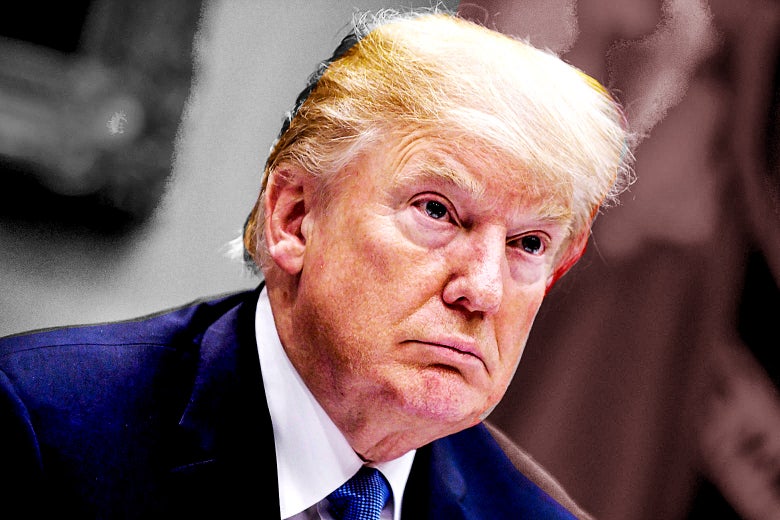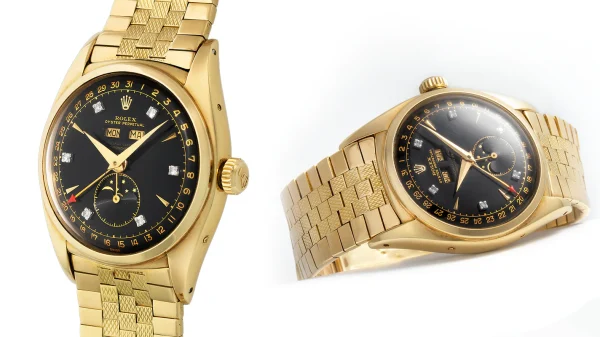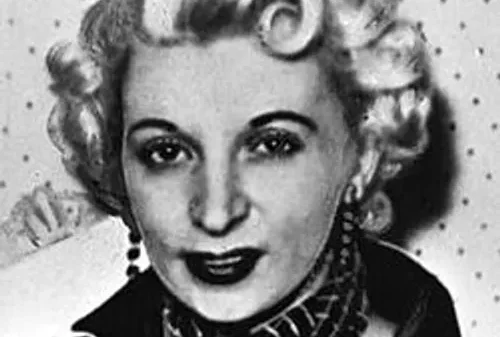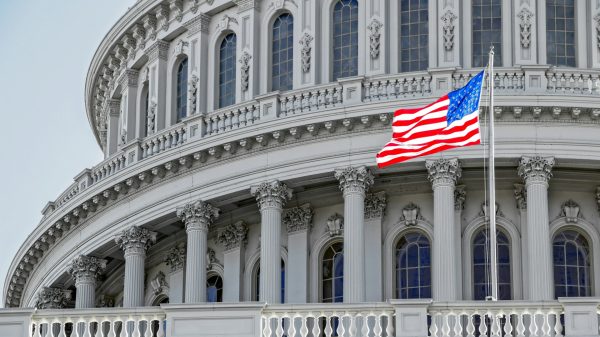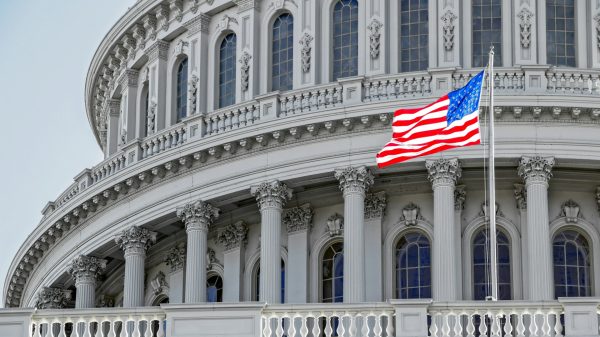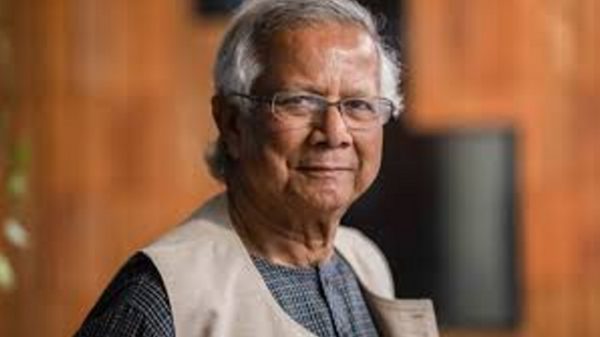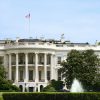Swedish drugmaker Camurus AB is in talks to acquire US-based Braeburn Pharmaceuticals Inc., a move that could strengthen its foothold in the world’s largest market for opioid addiction treatments, according to a person familiar with the matter.
The potential deal, which follows a US–European Union agreement to cap pharmaceutical tariffs at 15%, would mark the first major cross-border pharma transaction under the new framework.
Camurus, known for developing long-acting treatments for chronic conditions including addiction, has a longstanding partnership with privately held Braeburn. In 2014, the Swedish company signed an exclusive licensing deal granting the US firm rights to market Camurus’ long-acting buprenorphine injection — sold as Brixadi in the US and Buvidal internationally. Camurus received $20 million upfront and was eligible for up to $151 million in milestone payments tied to development and sales.
That bet has paid off as the US grapples with an escalating opioid epidemic. The Food and Drug Administration approved Brixadi in 2023, and Braeburn launched it that September. Available in weekly and monthly doses that are more convenient than daily pills, the drug captured about 25% of the US long-acting buprenorphine market by the end of 2024. It generated 212 million Swedish kronor ($19 million) in royalties for Camurus last year.
An acquisition would give Camurus direct control of Brixadi’s US sales, where the opioid crisis claims around 80,000 lives annually, most linked to fentanyl overdoses.
Braeburn’s wide distribution network across Medicaid, Medicare, federal programs and private insurers has fueled rapid adoption. Camurus executives estimate Brixadi’s untapped US market potential at more than $1 billion, citing strong endorsements from doctors, patients and payers. The drug’s first-year performance outpaced previous launches in the category, positioning it as a leading rival to daily therapies.
The US opioid treatment market is projected to expand as federal initiatives increase access to medications that curb cravings and withdrawal, according to Hagman Global Strategies, a London-based think tank.
The talks come against the backdrop of a landmark US–EU trade pact, which set a 15% tariff ceiling on most imports, including pharmaceuticals — a lifeline for Europe’s export-heavy drug sector. Last year, the EU exported nearly €120 billion ($130 billion) worth of medicines to the US, accounting for 38.2% of its non-EU pharma exports and making pharmaceuticals the bloc’s largest export category to America.
While the size and terms of the potential deal remain undisclosed, it highlights how tariff relief is already spurring transactions in a sector long wary of trade barriers.
European pharmaceutical companies, which exported $500 billion globally last year, see the US as a growth engine—provided cross-border costs don’t spiral, according to Hagman Global Strategies.



